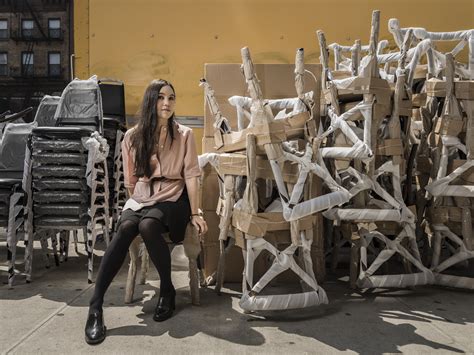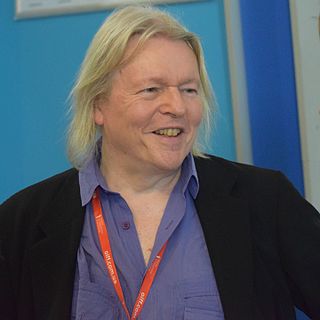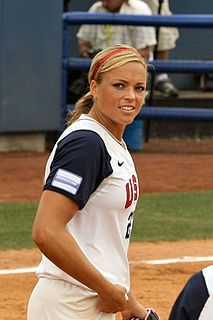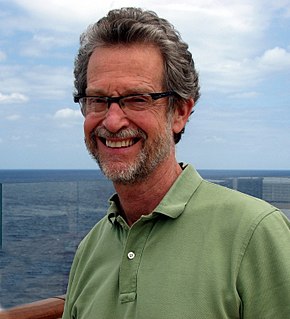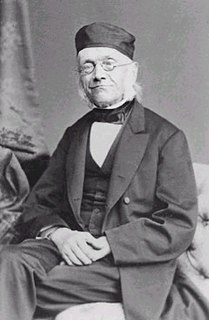A Quote by Jojo Moyes
Writers divide fairly cleanly into those who only work through what they hear and those who are more visual. I am the latter, where I lie down on my office floor and play scenes through my head to - cinematically, several times with different elements - to see what works. I can't write a scene until I can see it.
Related Quotes
And I do think that good art - the art that tends to last - is that art that hits human beings on several different levels at once because everybody's different. Some people approach art through their emotions, others through their head, and the art that can appeal to all of those levels is more likely to reach more people. Having more people see the work doesn't necessarily mean better art but it stands a better chance of lasting.
All I really know in nonfiction is that when I come home, I've got all these notes and I'm trying to figure out what actually happened to me. I usually kind of know what happened, but as you work through the notes, you find that certain scenes write well and some don't even though they should. Those make a constellation of meaning that weirdly ends up telling you what you just went through. It's a slightly different process, but still there's mystery because when you're bearing down on the scenes, sometimes you find out they mean something different than what you thought.
As a believer, I know that Jesus Christ has a plan and it's not going to be my plan. It's not always succeeding and looking back it's amazing looking back to see how God works in mysterious ways, not always good ways, rough ways but those rough times, those rough patches, and those swamps and all those things that I went through are looking back, were such an incredible life lessons for me not only to shape and build me as an athlete but most importantly, my character as a person.
Being a fiction writer is really like being an actor, because if you're going to write convincingly it has to sound right and play right. The only way that works is to emotionally and technically act out and see the scene you're in. There's no better job in the world, because when I sit down at that computer I'm the world's best forensics expert, if that's what I'm writing about that day. Or I'm some crazed psycho running down a dark alley. Or I'm a gorgeous woman looking to find a man that night. Whatever! But I'm all of those things, every day. How can you beat that?
I have been young, but now am old. I have spent a whole life-time in battling against infidelity with the weapons of apologetic science; but I have become ever more and more convinced that the way to the heart does not lie through the head; and that the only way to the conversion of the head lies through a converted heart which already tastes the living fruits of the gospel.


